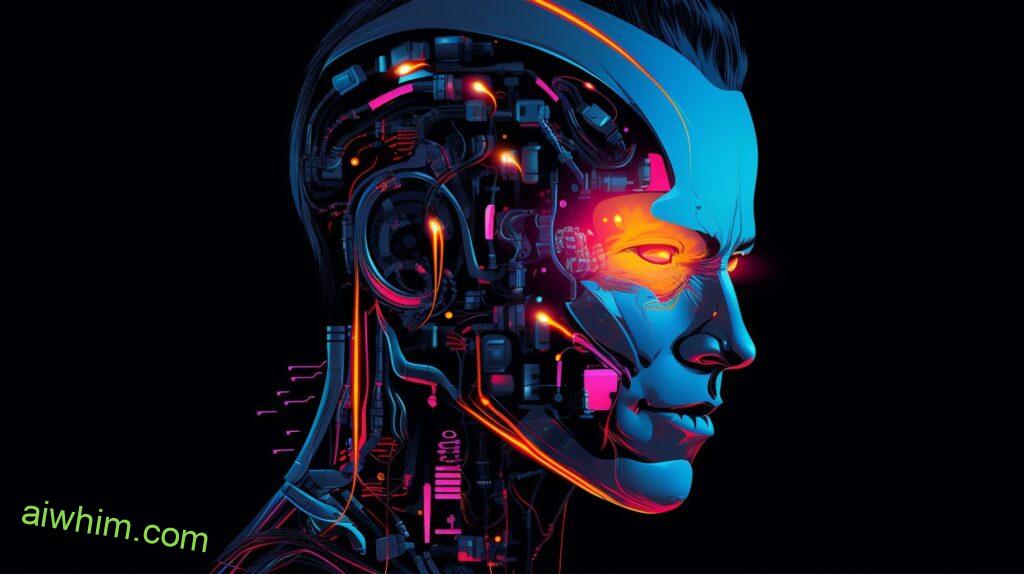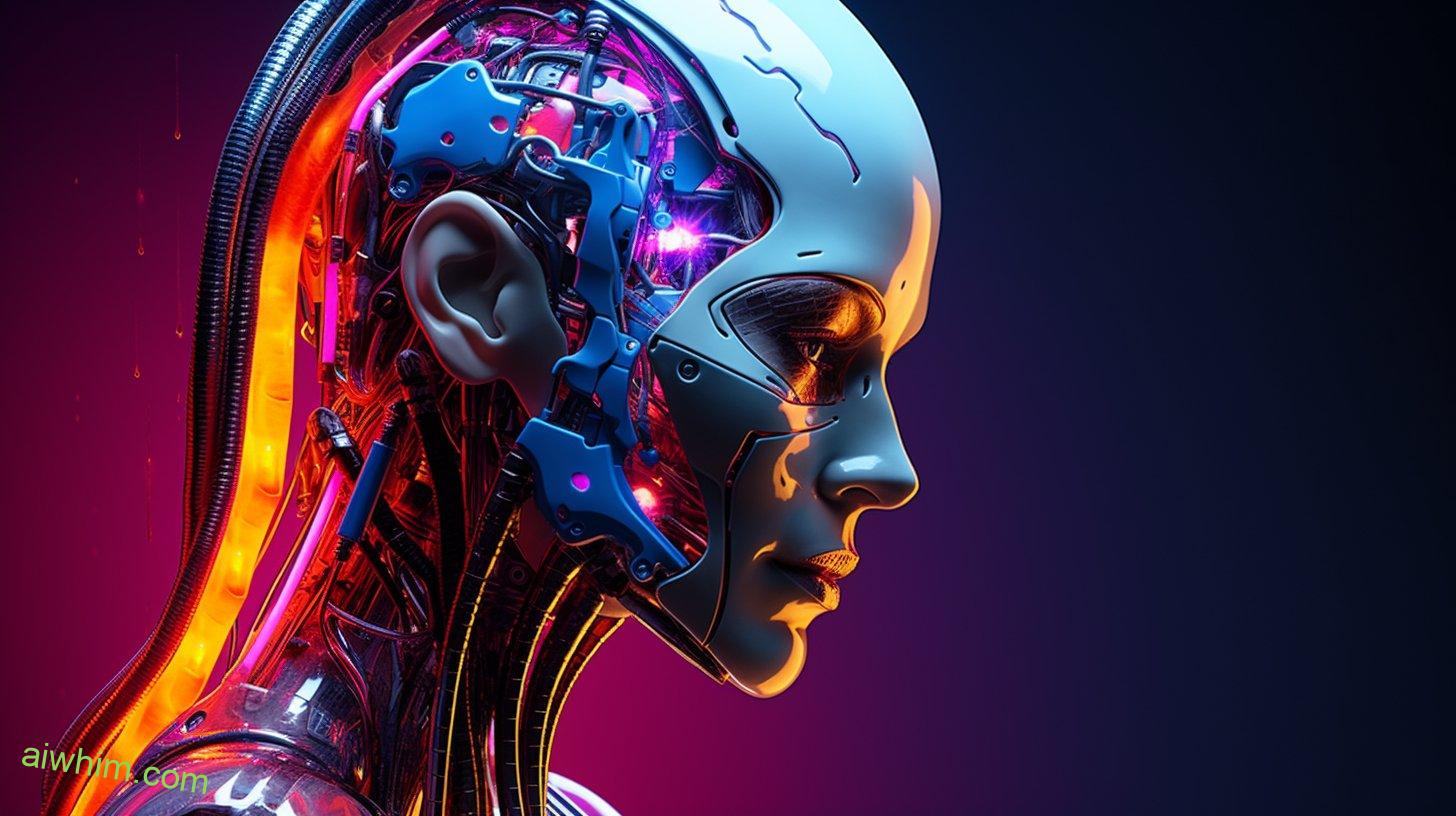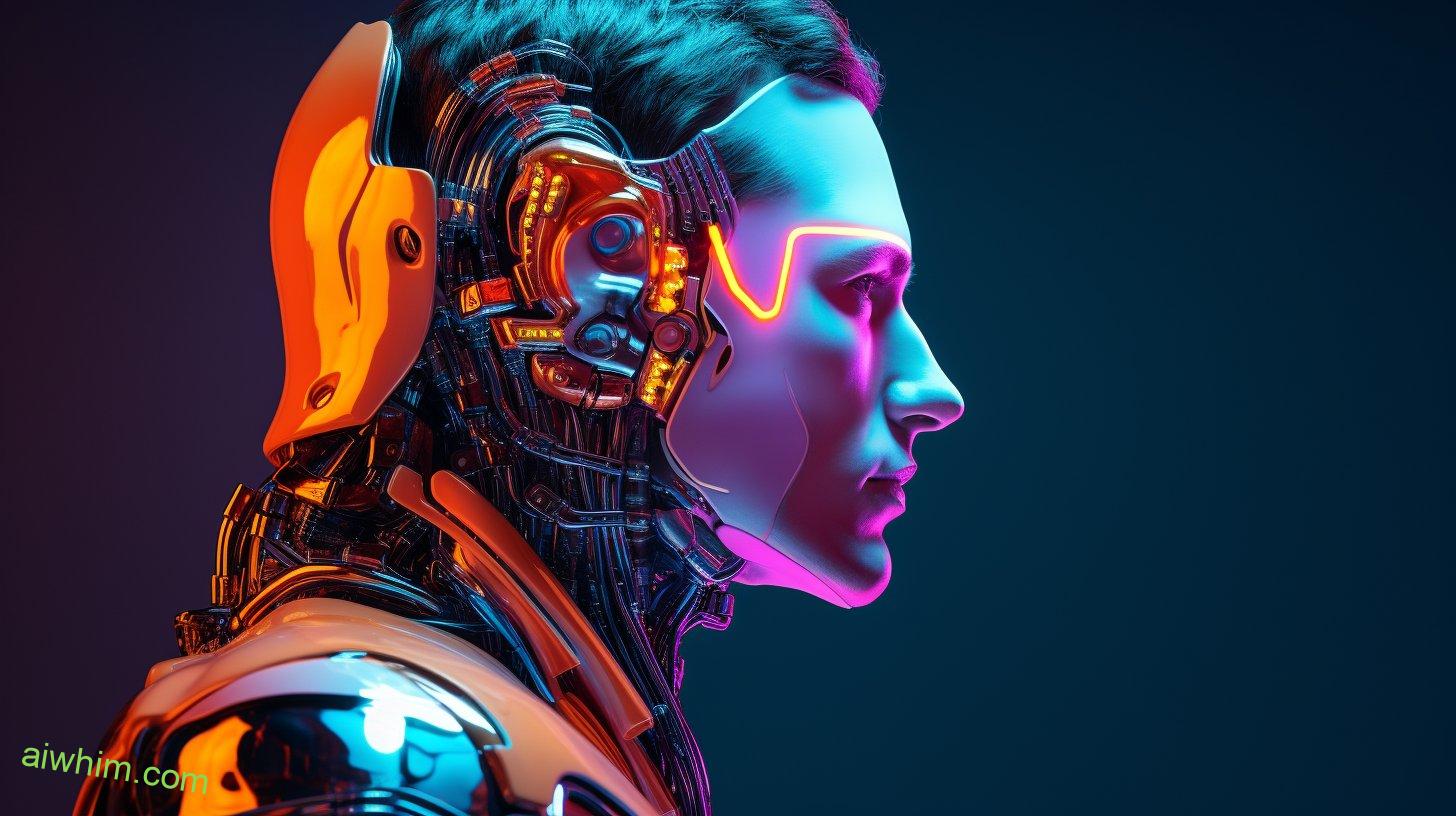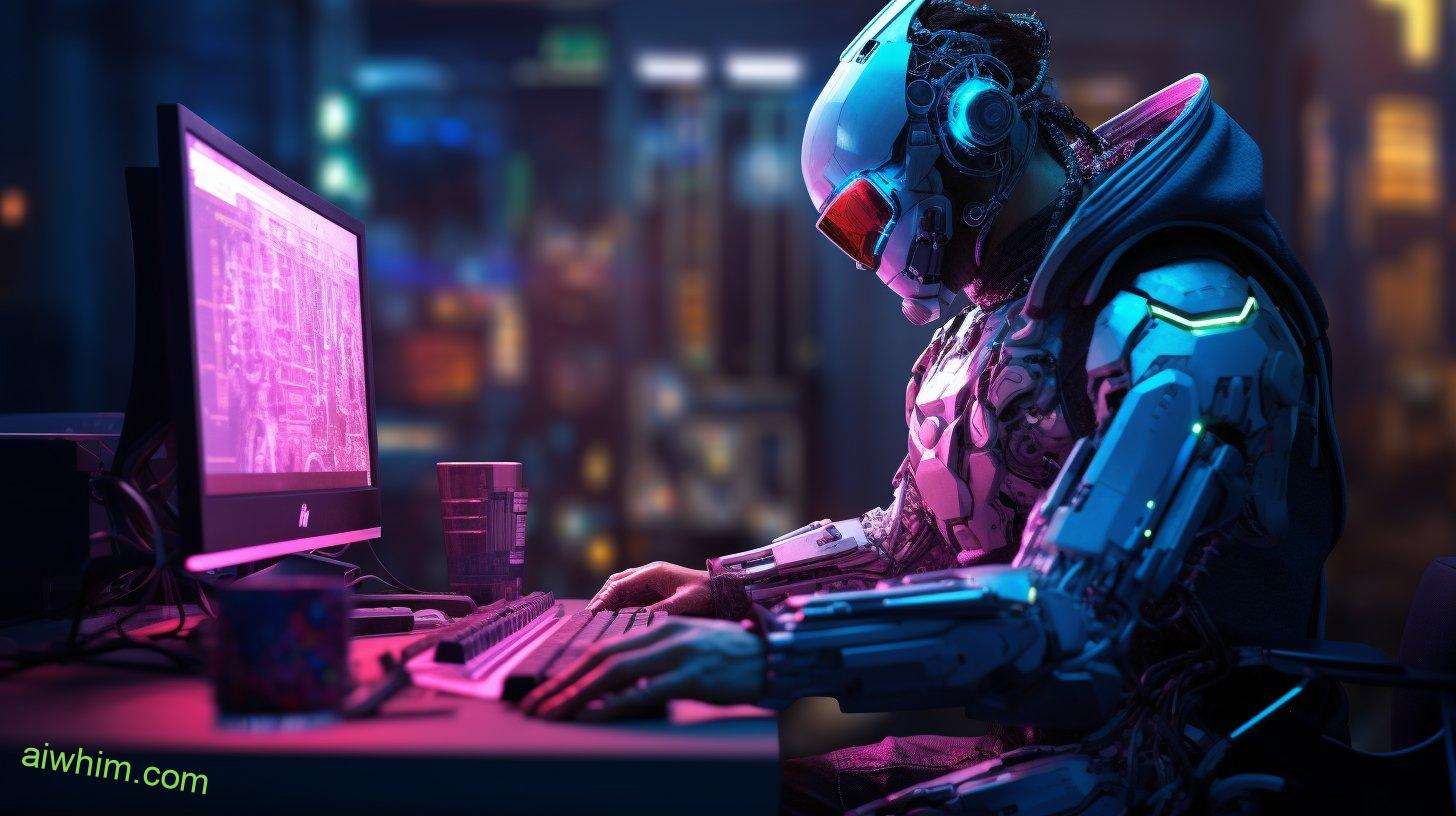Imagine a bustling butcher shop, the air thick with the scent of freshly cut meat and the sound of sharp knives slicing through flesh. But amidst this scene of tradition and craftsmanship, a new player has quietly entered the stage: artificial intelligence (AI).
As technology continues to advance at an unprecedented pace, concerns arise about the potential impact on the job market. Can AI truly replace butchers, those skilled professionals who have honed their craft for generations?
In this discussion, we will explore the growing role of AI in butchery, the implications for butcher jobs, and the ethical considerations that come with embracing this new era of automation. Prepare to question the future of this age-old profession as we navigate the intersection of AI and butchery.
Key Takeaways
- AI has the potential to automate tasks in meat processing, reducing the need for butchers and raising concerns about job market stability.
- Butchers may need to adapt and acquire new skills to stay relevant in the industry as AI technology advances.
- The impact of AI on butcher jobs could have wider economic implications and requires a balance between increased efficiency and job protection.
- Ethical considerations, such as animal welfare and quality control, as well as changing consumer preferences, play a role in the adoption of AI butchery.
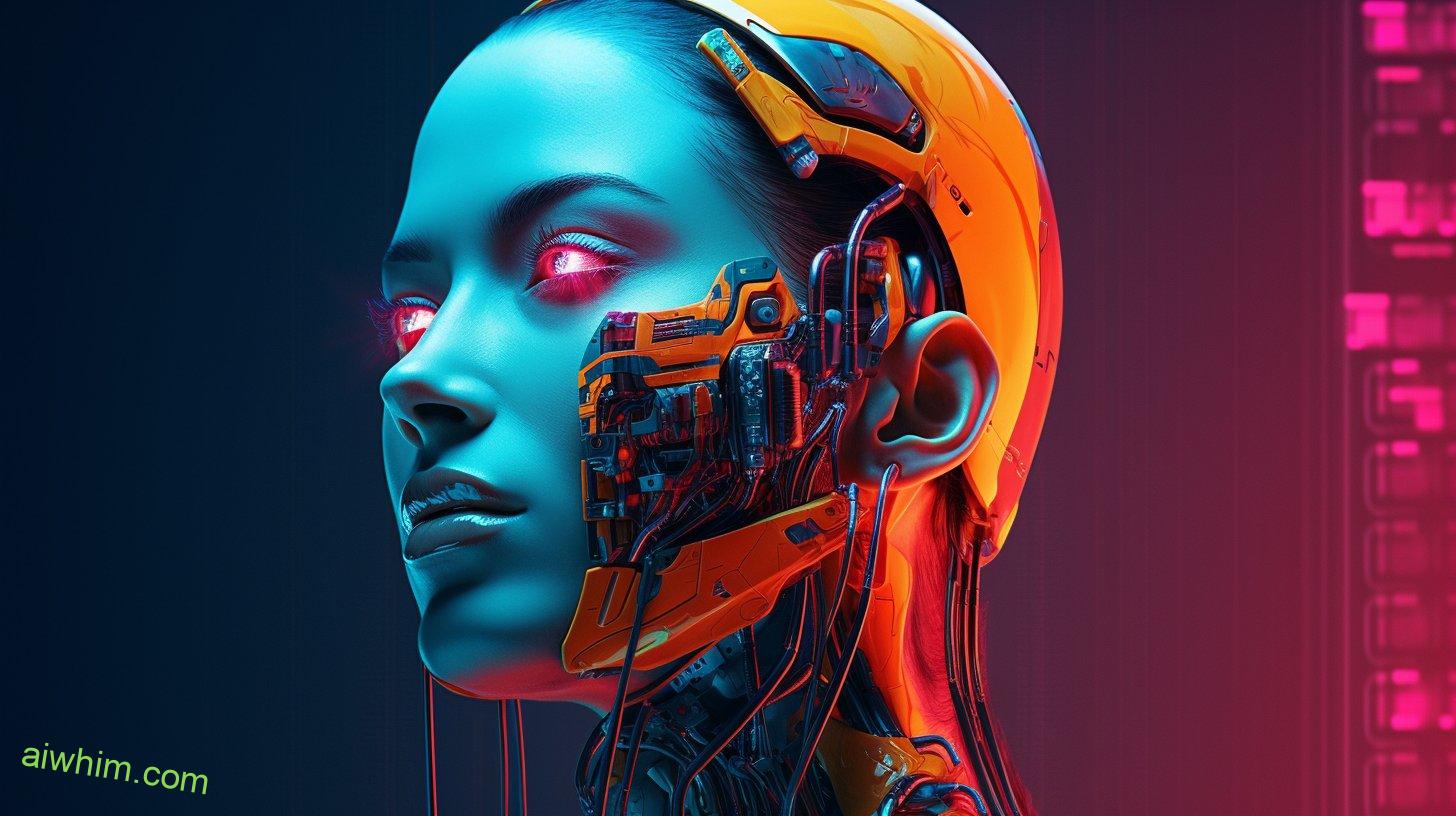
The Role of AI in Butchery
AI plays a significant role in modern butchery, revolutionizing the industry with its efficient and precise cutting techniques. From meat processing to quality control, AI has transformed the way we handle and inspect meat.
In meat processing, AI technology has brought about remarkable advancements. AI algorithms can analyze vast amounts of data to optimize the process of cutting and preparing meat. Through machine learning, AI systems can identify various cuts and portions with incredible accuracy, ensuring that each piece meets the desired specifications. This not only saves time but also reduces waste, leading to increased efficiency and profitability.
Meat quality control has also benefited greatly from AI technology. AI-powered cameras and sensors can detect defects, such as discoloration or marbling inconsistencies, that may affect the quality of the meat. By automating this inspection process, AI ensures that only the highest quality products reach the market. This not only guarantees customer satisfaction but also helps maintain food safety standards.
Moreover, AI in meat quality control goes beyond visual inspection. AI algorithms can analyze data from sensors that measure factors like pH levels and temperature, providing insights into the meat’s freshness and potential spoilage. By continuously monitoring these parameters, butchers can take immediate action to prevent any compromise in quality.
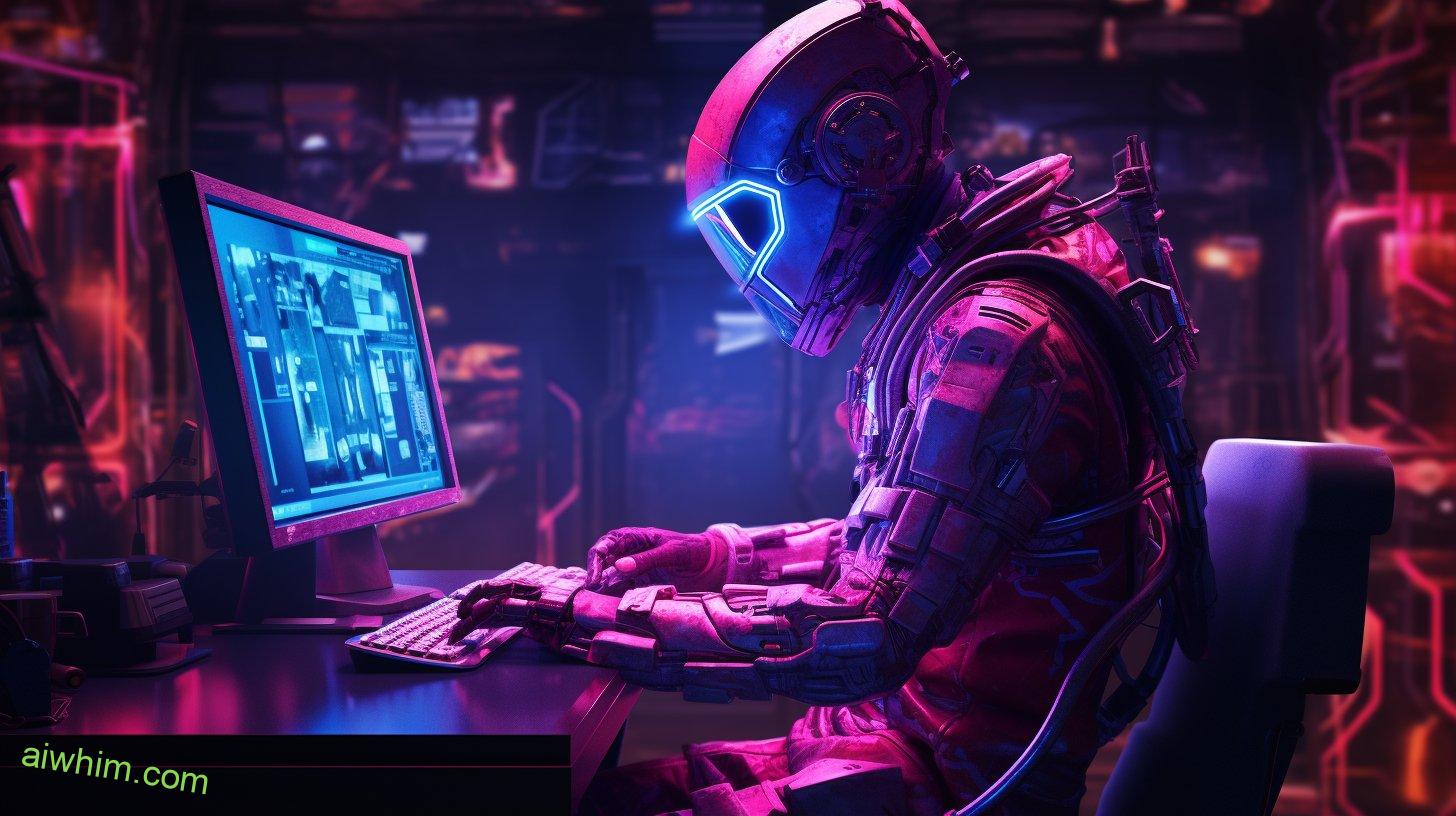
Automation in the Meat Industry
With the advancements in AI technology and its impact on meat processing and quality control, it’s clear that automation is reshaping the meat industry. AI and automation have the potential to revolutionize the way meat is produced, making it more efficient and cost-effective.
Here are some key points to consider about automation in the meat industry:
- Increased productivity: AI-powered machines can process meat at a much faster rate than humans, leading to increased productivity. This means that more meat can be processed in a shorter amount of time, meeting the growing demand for meat products.
- Improved quality control: AI systems can analyze the quality of meat based on various factors such as color, texture, and fat content. This ensures that only the highest quality meat is selected for sale, reducing the risk of contamination and ensuring customer satisfaction.
- Enhanced safety: Automation reduces the need for human workers to perform dangerous tasks in the meat industry. This not only improves the safety of workers but also reduces the risk of accidents and injuries.
- Cost savings: Automation can help reduce labor costs in the meat industry. By replacing human workers with AI-powered machines, companies can save on wages and benefits, leading to significant cost savings.
- Consistency and accuracy: AI systems are capable of performing repetitive tasks with a high level of consistency and accuracy. This ensures that each piece of meat is cut and processed in the same way, maintaining a consistent quality across the entire production process.

Advancements in AI Technology
Advancements in technology have transformed the capabilities of artificial intelligence, revolutionizing various industries including the meat processing sector. AI technology advancements have led to the development of sophisticated machines that can perform tasks traditionally done by human butchers. These machines are equipped with advanced algorithms and sensors, allowing them to accurately and efficiently cut, trim, and package meat products.
The impact of AI technology advancements on employment in the meat processing sector is a topic of concern. As machines become more capable, there’s a fear that they’ll replace human butchers, leading to job losses. However, it’s important to note that while AI technology can automate certain tasks, it can’t completely replace the skills and expertise of experienced human butchers. The art of butchery requires precision, creativity, and a deep understanding of different cuts of meat. These qualities are difficult to replicate in a machine.
Instead of seeing AI technology as a threat, it’s important to view it as a tool that can enhance the capabilities of human butchers. With the help of AI-powered machines, butchers can streamline their processes, increase productivity, and focus on more complex and value-added tasks. This can ultimately lead to a more efficient and competitive meat processing industry.
Furthermore, the advancement of AI technology in the meat processing sector can create new job opportunities. As the industry adopts these technologies, there will be a growing demand for skilled workers who can operate and maintain these machines. Additionally, AI technology advancements can also lead to the development of new roles in areas such as data analysis and machine learning, further expanding employment opportunities.
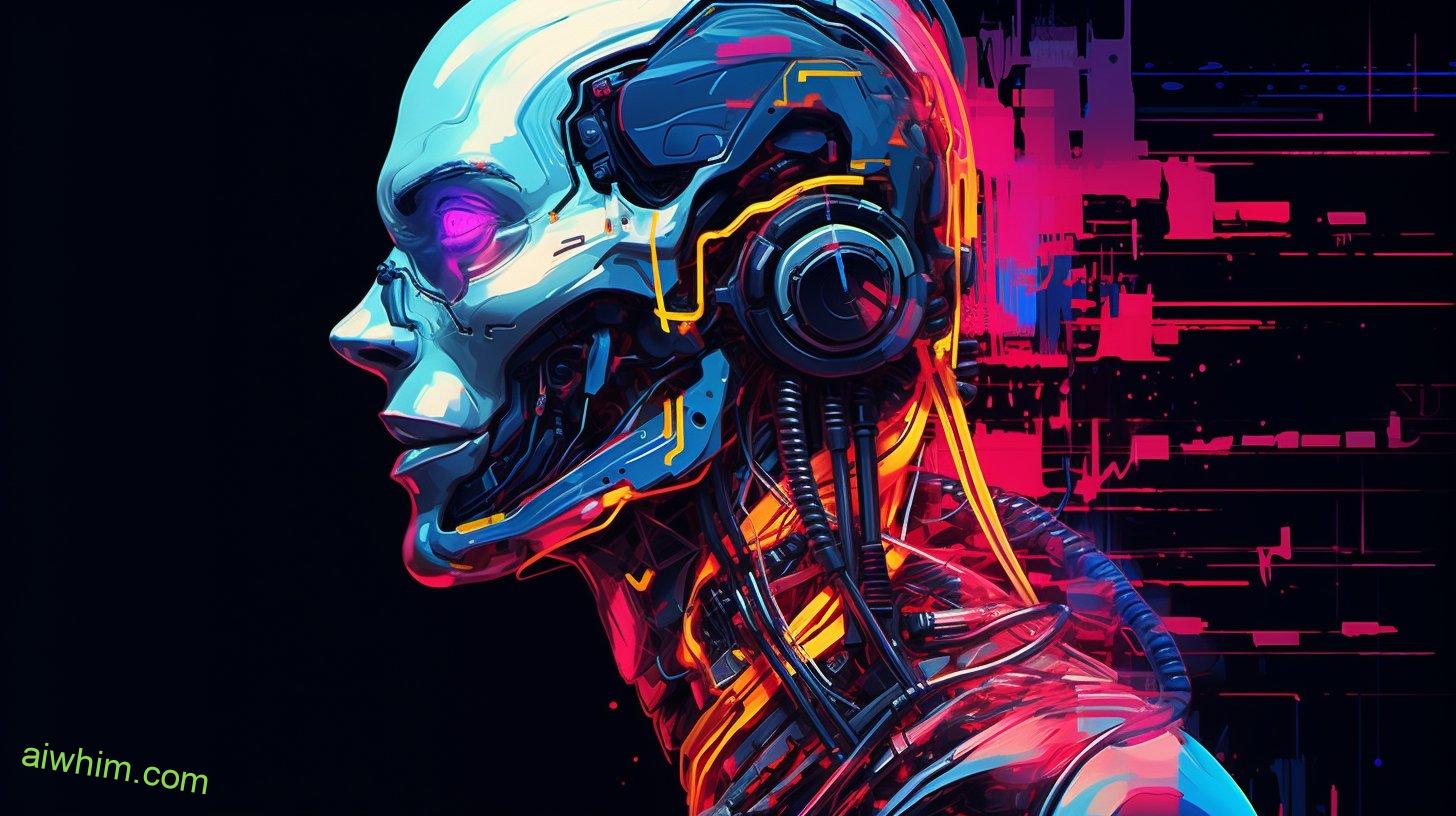
Potential Impact on Butcher Jobs
The potential impact of AI technology on butcher jobs has become a subject of concern in the meat processing industry. As AI continues to advance, there are worries about its impact on employment and the economic implications it may have. Here’s what you need to know:
- Automation of meat processing: AI technology has the potential to automate various tasks in meat processing, including the cutting, deboning, and packaging of meat. This could lead to a reduction in the number of butchers needed for these tasks, as AI-powered machines can perform them with precision and efficiency.
- Shift in job roles: While AI may replace certain tasks traditionally performed by butchers, it’s unlikely to completely replace the need for human workers in the meat processing industry. Instead, it’s more likely to result in a shift in job roles. Butchers may need to adapt and acquire new skills to work alongside AI systems, such as overseeing and maintaining the machines, quality control, and customer service.
- Economic implications: The impact of AI on butcher jobs could have wider economic implications. On one hand, the use of AI technology in meat processing could increase productivity and reduce costs for businesses. On the other hand, it may lead to job losses and potentially affect the livelihoods of butchers. This could have ripple effects on local economies, as the demand for butcher services decreases.
As the meat processing industry continues to explore the potential of AI technology, it’s crucial to consider the impact on employment and the economic consequences. Balancing the benefits of increased efficiency and productivity with the need to protect jobs and support workers is essential for a fair and sustainable transition.
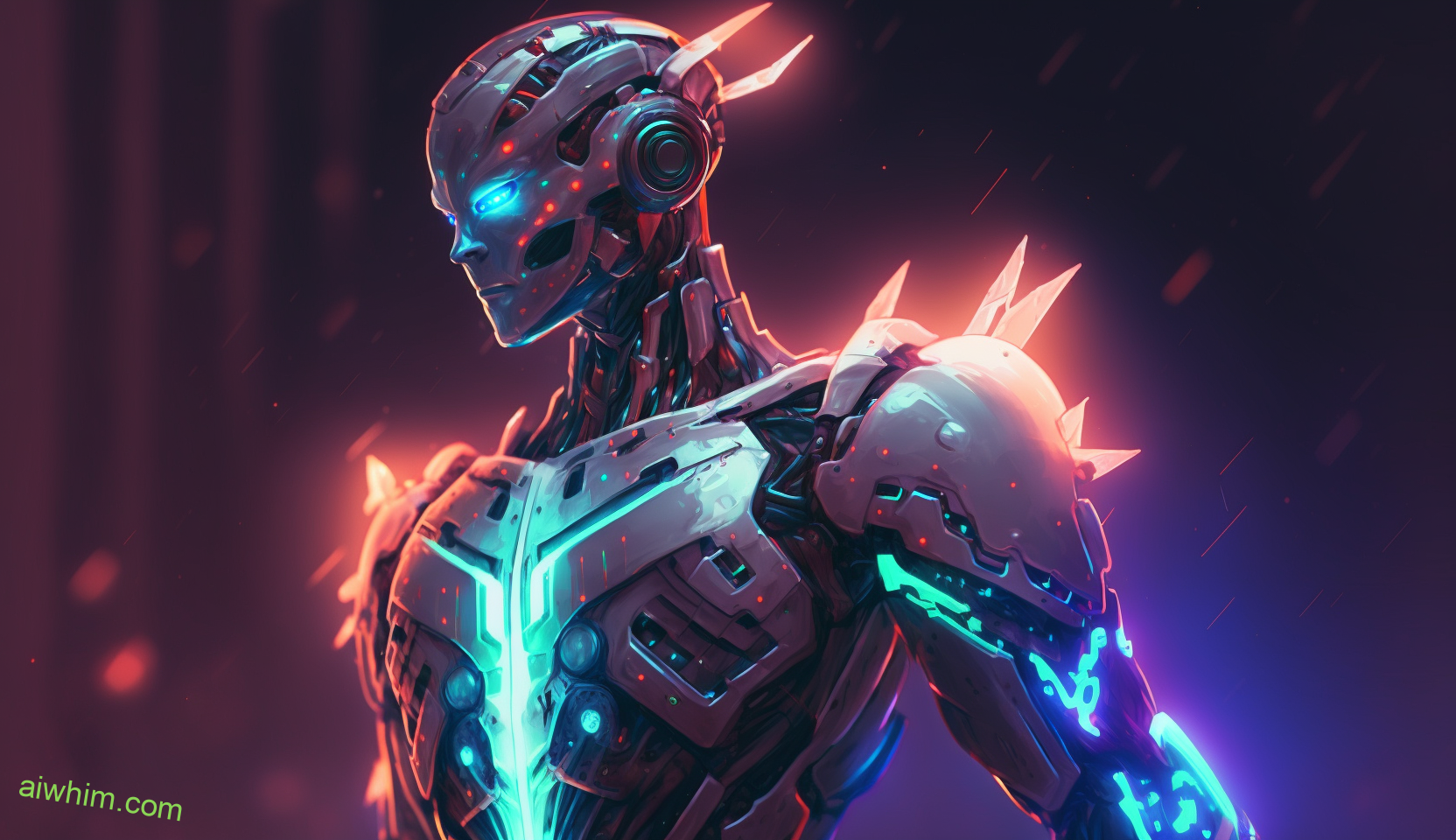
Skills and Expertise in Butchery
To succeed in the field of butchery, it’s essential to possess a diverse range of skills and expertise. Butchery techniques and meat cutting skills are at the core of this profession. As a butcher, you need to have a deep understanding of different cuts of meat and how to prepare them for various cooking methods.
One of the most important skills in butchery is the ability to use different tools effectively. You must be adept at handling knives of various sizes and shapes, as well as other specialized cutting instruments. Precision and accuracy are crucial when making clean cuts and separating the meat from the bone.
Furthermore, a skilled butcher knows how to identify the quality of meat. You need to have a keen eye for assessing the color, marbling, and texture of the meat to ensure its freshness and tenderness. This expertise allows you to select the best cuts for your customers and provide them with the highest quality products.
In addition to technical skills, a successful butcher must also possess excellent customer service skills. This involves interacting with customers, listening to their preferences, and providing them with advice on the best cuts of meat for their needs. Building strong relationships with customers is essential for repeat business and maintaining a loyal clientele.
To stay competitive in the industry, it’s important to continuously update your skills and knowledge in butchery. Attend workshops, seminars, and training programs to learn about new techniques and advancements in the field. By staying up-to-date, you can offer innovative services and products that set you apart from the competition.
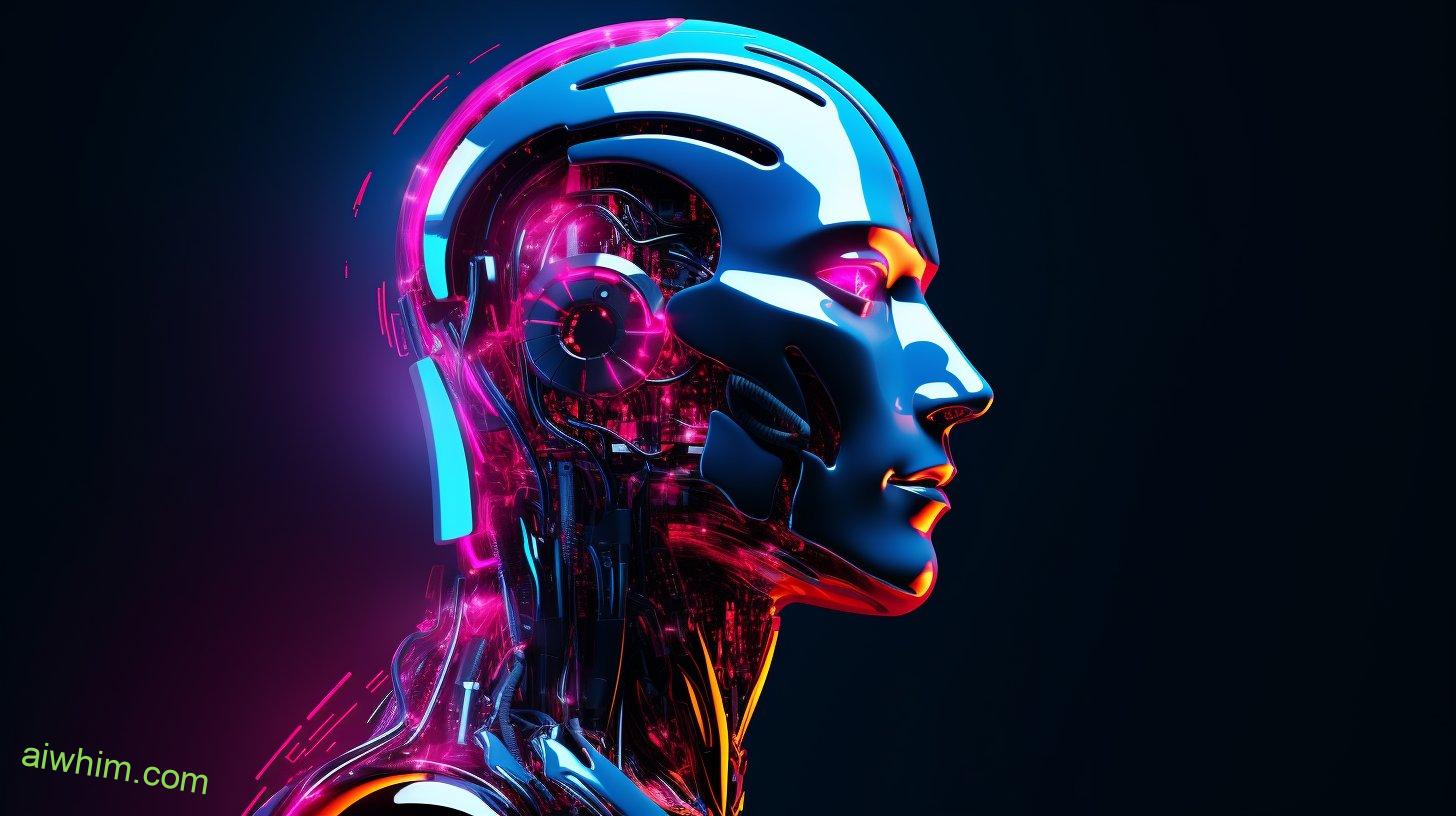
Challenges Faced by Butchers
Navigating the modern meat industry presents numerous challenges for butchers. As technology advances and automation becomes more prevalent, the role of the traditional butcher is being questioned. However, despite these uncertainties, there are specific challenges that butchers face in their day-to-day work.
Here are two key challenges that butchers encounter:
- Continuous Butcher Training: To stay relevant in a rapidly changing industry, butchers must constantly update their skills and knowledge. From learning new cutting techniques to understanding the latest food safety regulations, ongoing training is essential. This requires a commitment to professional development and a willingness to adapt to new methods and technologies. Butchers who invest in their training have a competitive edge and can offer unique services that set them apart from automated systems.
- Job Security Concerns: With the rise of AI in the meat industry, some butchers are worried about their job security. As technology improves, there may be a shift towards automated systems that can perform some of the tasks traditionally done by butchers. However, it’s important to remember that while technology can assist in certain aspects, it can’t replicate the skill, expertise, and artistry of a trained butcher. By focusing on their unique abilities and delivering high-quality products and personalized services, butchers can maintain their relevance and job security in the marketplace.
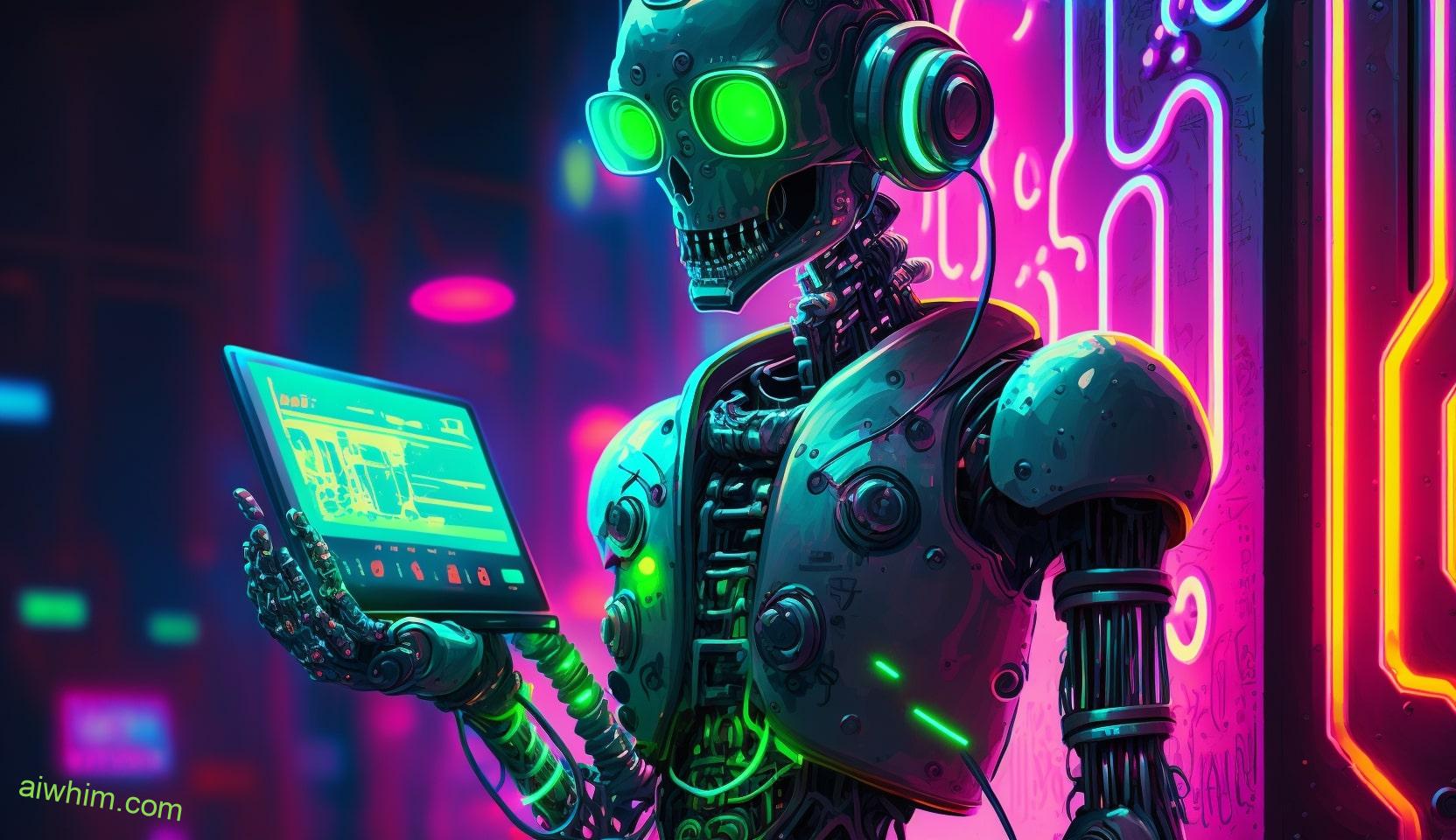
Adaptation and Reskilling Opportunities
As the meat industry evolves with technology, you have the opportunity to adapt and reskill to stay relevant in the marketplace. With the rise of AI and automation, it’s natural to feel concerned about the future of your job as a butcher. However, it’s important to remember that technology is meant to augment human capabilities, not replace them. While AI may be able to perform certain tasks more efficiently, it can’t replicate the skill, expertise, and personal touch that you bring to your work.
To navigate the changing job market trends, reskilling opportunities become crucial. As a butcher, you can explore avenues to expand your skillset and embrace new technologies that can enhance your work. For example, you can learn how to operate and maintain automated cutting machines or gain expertise in data analysis to optimize inventory management and customer preferences. By adapting to new technologies and acquiring new skills, you can position yourself as an invaluable asset to your employers and customers alike.
Furthermore, reskilling also opens up opportunities for career growth and advancement. With the evolving meat industry, there’s a growing demand for professionals who can bridge the gap between traditional butchery and technology. By staying updated with the latest trends and techniques, you can position yourself as a valuable resource for businesses seeking to integrate AI and automation into their operations. This can lead to new roles such as quality control, process improvement, or even entrepreneurship, where you can create your own niche in the market.
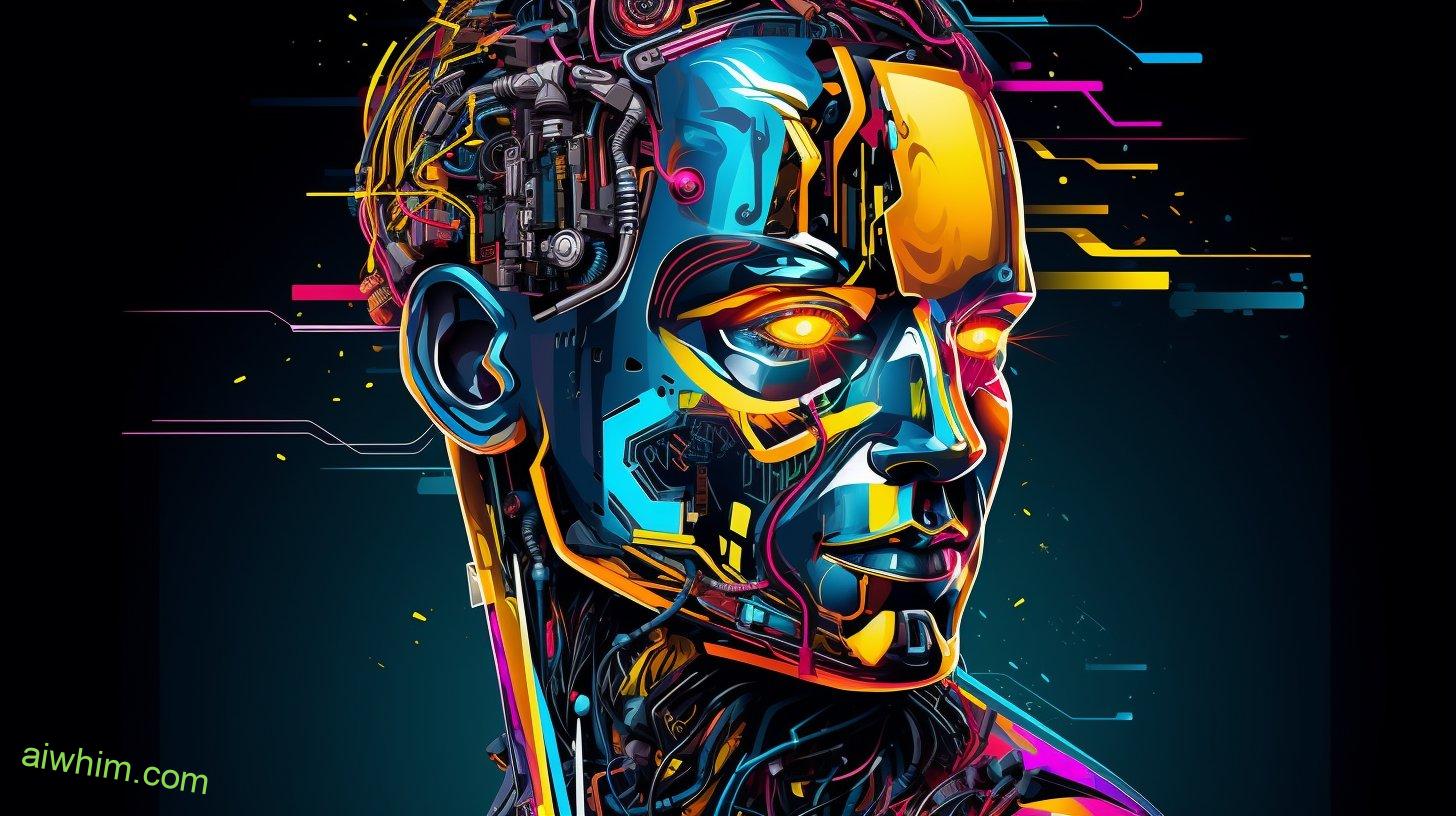
Ethical Considerations With AI Butchers
Ethical considerations arise when discussing the integration of AI butchers into the meat industry. While the use of artificial intelligence in butchery may bring about various benefits such as increased productivity and efficiency, it also raises ethical implications and concerns regarding job displacement.
- Potential ethical implications of AI butchers:
- Animal welfare: AI butchers, being machines, may lack the compassion and empathy that human butchers possess. This could potentially raise concerns about the treatment of animals during the butchering process.
- Quality control: AI butchers may not have the same level of precision and attention to detail as human butchers. This could result in inconsistencies in the quality of meat products, which may be unacceptable to consumers who prioritize quality.
- Job displacement concerns:
- Loss of livelihood: The adoption of AI butchers may lead to job displacement for human butchers, potentially causing financial hardships and unemployment. This raises questions about the responsibility of companies and governments to support those affected by technological advancements.
- Skills gap: The introduction of AI butchers may require a new set of skills that human butchers may not possess. This could further exacerbate the job displacement issue and necessitate retraining or reskilling programs for affected workers.
It is important to consider the ethical implications and potential consequences of integrating AI butchers into the meat industry. Balancing the benefits of automation with the preservation of jobs and ethical treatment of animals will be crucial in ensuring a responsible and sustainable transition.
Ultimately, the decision lies in the hands of individuals and society as a whole, as they determine the future direction of the meat industry and the role of AI in it.
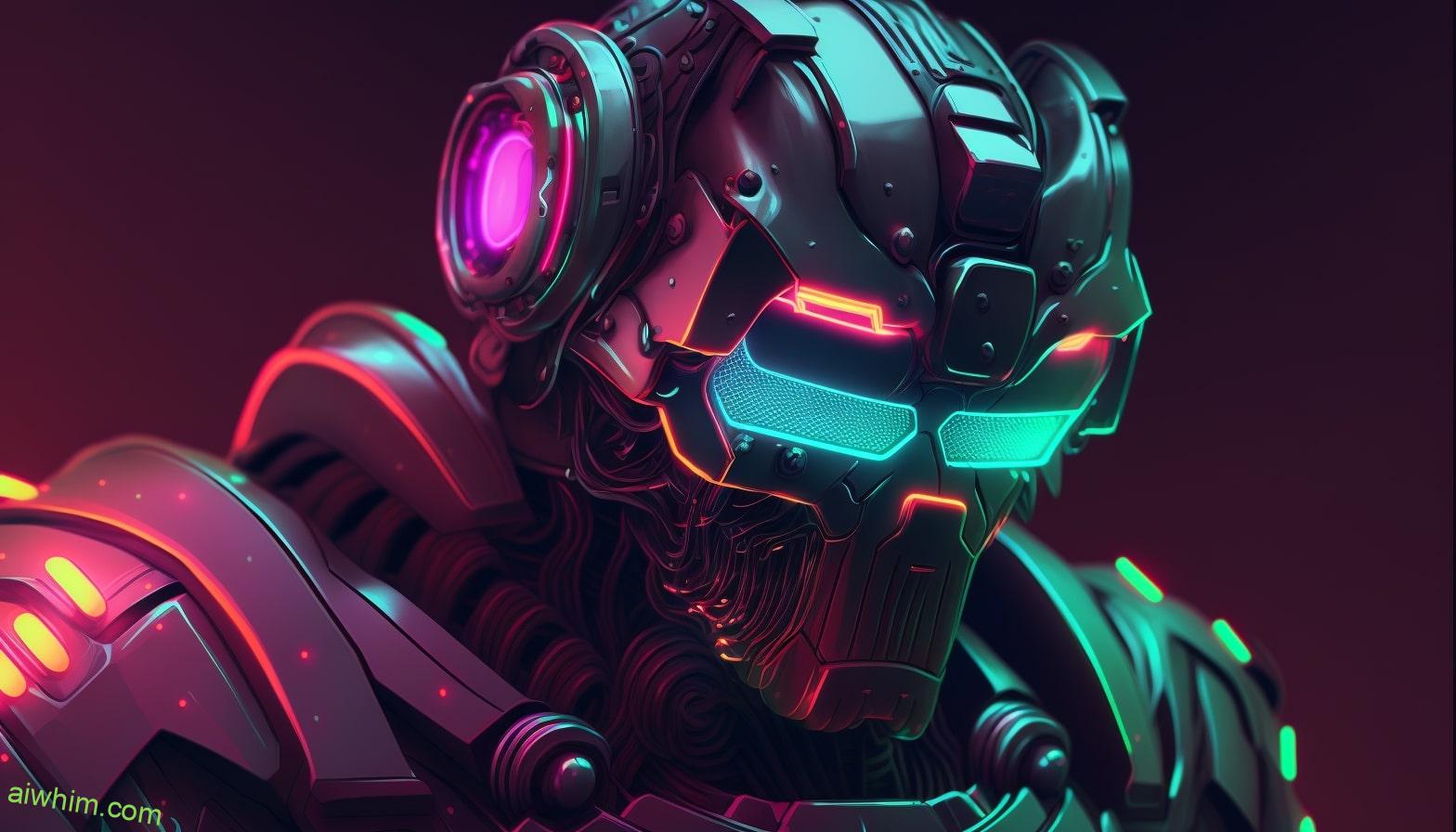
Consumer Preferences and AI Butchery
When considering AI butchery, understanding consumer preferences is essential. In today’s world, consumers have become more conscious about their food choices. They want to know where their meat comes from, how it’s processed, and whether it aligns with their values and dietary needs. As a result, job security for butchers may be impacted by these changing consumer preferences.
AI butchery has the potential to cater to these preferences. With AI technology, butchers can ensure transparency by providing detailed information about the meat’s source, including the farm, breed, and feed. Consumers can also have access to information regarding the processing techniques used, ensuring that the meat meets their dietary requirements and ethical standards.
Additionally, AI butchery can offer personalized options to consumers. By analyzing data on individual preferences, AI algorithms can recommend specific cuts, cooking methods, and even recipes based on a person’s dietary restrictions or taste preferences. This level of customization can enhance the overall consumer experience, ultimately leading to greater satisfaction and loyalty.
However, it’s important to note that while AI butchery may cater to some consumer preferences, it can’t replicate the human touch and expertise of a skilled butcher. Many consumers still value the craftsmanship and knowledge that butchers bring to the table. The ability to ask questions, receive personalized recommendations, and trust the expertise of a professional is something that AI technology can’t fully replicate.
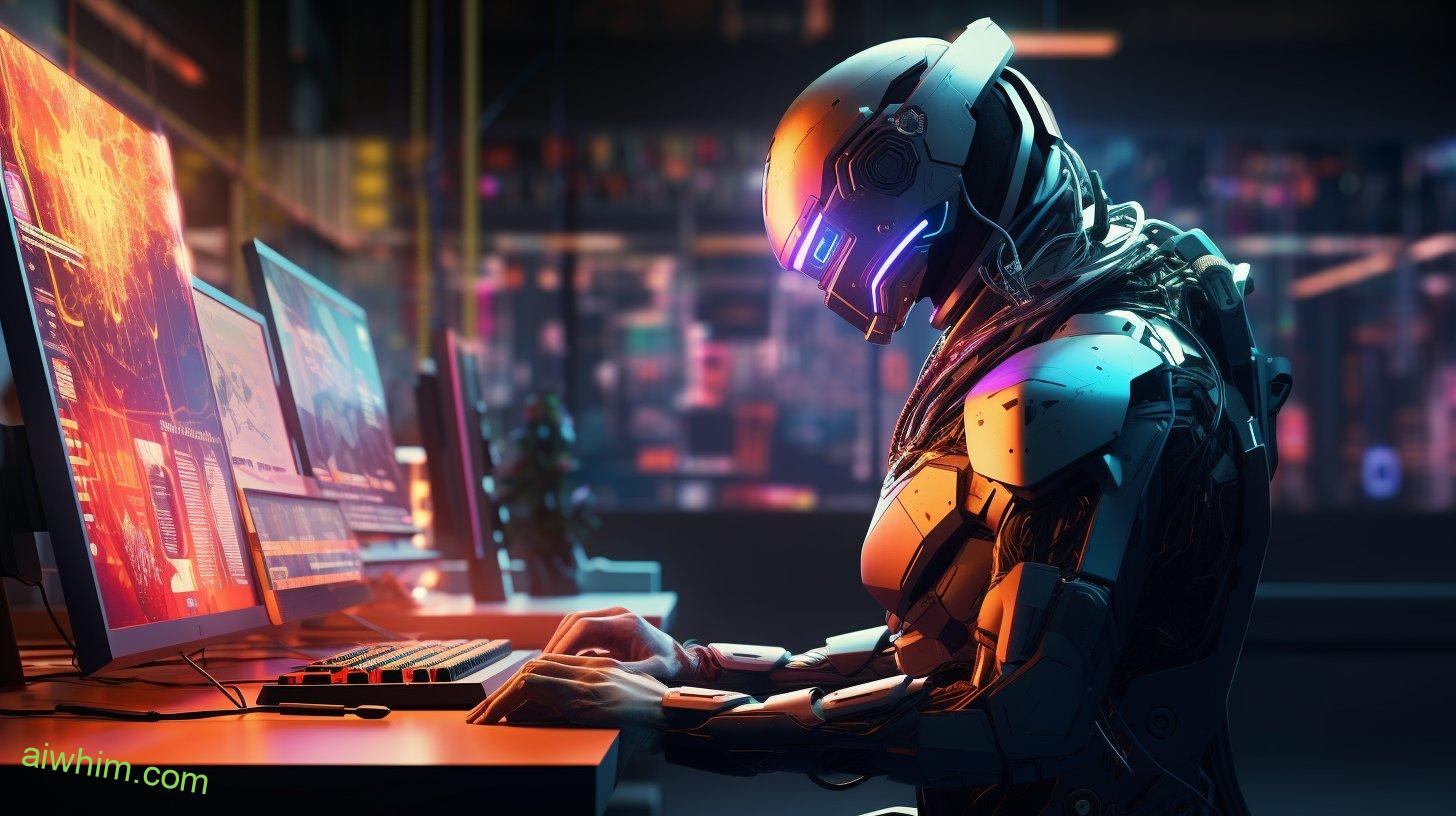
The Future of Butchery in an AI Era
Understanding consumer preferences is crucial when considering the future of butchery in an AI era. As technology continues to advance, it’s natural to wonder about the future job prospects for butchers and how industry regulations may adapt. Here are some key factors to consider:
- Changing Consumer Demands: With the rise of ethical and sustainable food practices, consumers are increasingly concerned about the source and quality of their meat. Butchers who can provide personalized recommendations and expertise in selecting and preparing high-quality cuts of meat will continue to be valued.
- The Role of AI: While AI has the potential to automate certain aspects of butchery, it’s unlikely to completely replace human butchers. AI can assist in tasks such as inventory management and precision cutting, but it can’t replace the artistry and skill that come with years of experience. Human butchers are able to adapt to individual customer needs and provide personalized service that AI can’t replicate.
Considering the future job prospects in the butchery industry, it’s evident that while AI may change certain aspects of the profession, it’s unlikely to eliminate the need for skilled butchers entirely. However, it’s important for butchers to stay updated with technological advancements and embrace AI as a tool to enhance their craft.
Regarding industry regulations, as AI becomes more prevalent in the butchery industry, it’s essential to establish guidelines and standards to ensure food safety and quality. Regulations will need to address issues such as proper maintenance and calibration of AI systems, as well as data privacy and security concerns. By implementing and enforcing these regulations, the industry can continue to thrive while safeguarding the interests of consumers and butchers alike.
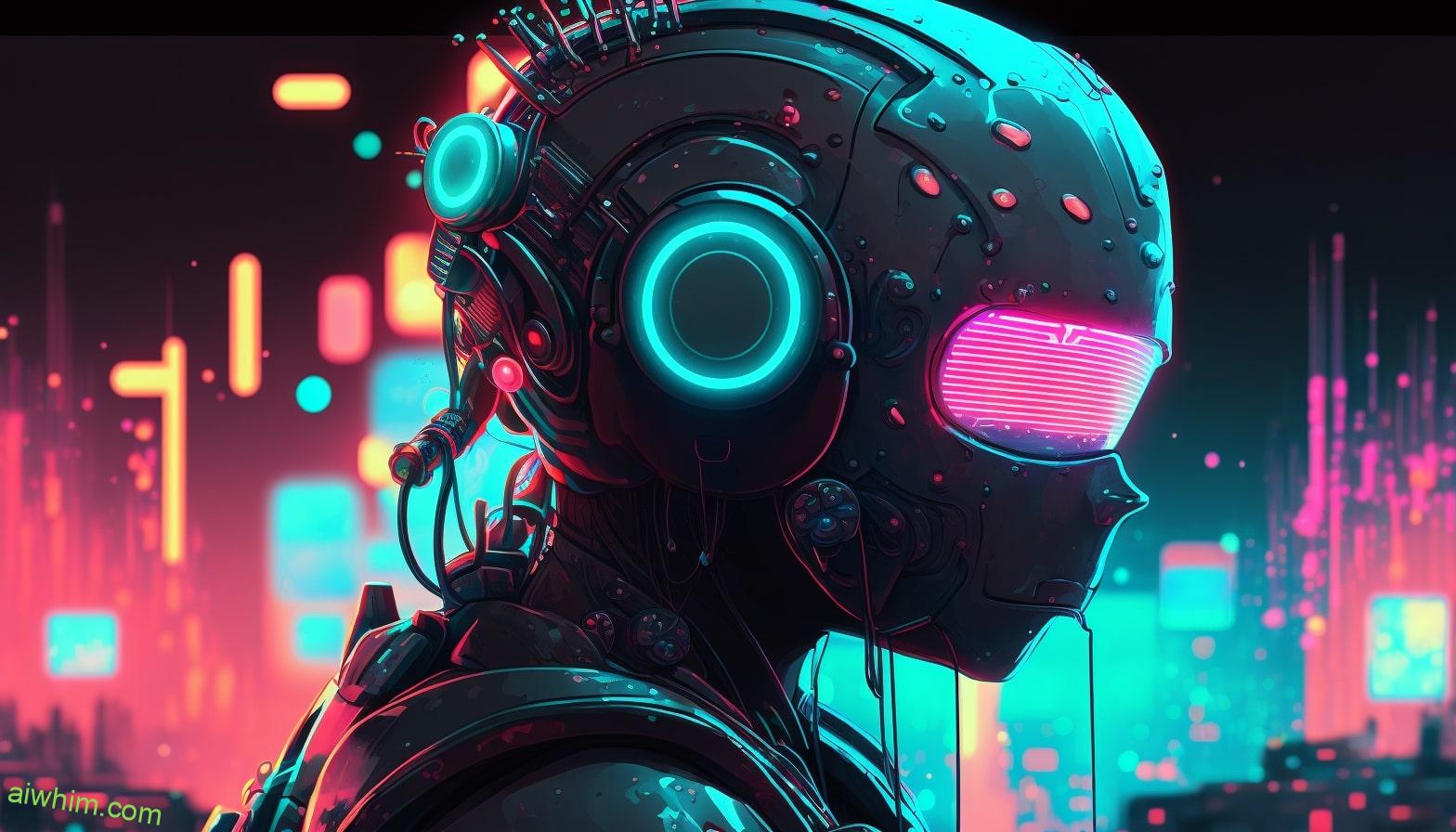
Frequently Asked Questions
How Does AI Technology Impact the Quality of Meat Produced by AI Butchers?
AI technology can greatly impact the quality of meat produced by AI butchers. It enhances efficiency and cost effectiveness, resulting in improved meat quality. It ensures precise cutting, reducing waste and producing consistent, high-quality cuts for consumers.
What Are the Potential Long-Term Effects of AI Butchers on the Meat Industry as a Whole?
The potential long-term effects of AI butchers on the meat industry as a whole include ethical implications, such as the treatment of animals, and economic implications, like job market concerns. It’s important to consider these factors for a balanced perspective.
Are There Any Legal or Regulatory Challenges Associated With the Use of AI Butchers?
You might be wondering about the legal and regulatory challenges associated with using AI butchers. Well, there are indeed some concerns that need to be addressed. Let’s dive into them.
How Do Consumers Perceive and Respond to Meat Produced by AI Butchers?
Consumers generally accept meat produced by AI butchers, as long as it meets quality standards. However, ethical considerations arise regarding animal welfare and job displacement. Despite this, individuals who prioritize convenience and cost may still opt for AI-produced meat.
Are There Any Potential Health and Safety Concerns Related to AI Butchers in the Meat Industry?
There may be health risks and ethical concerns related to AI butchers in the meat industry. It is important to consider the potential impact on food safety and animal welfare before fully embracing this technology.
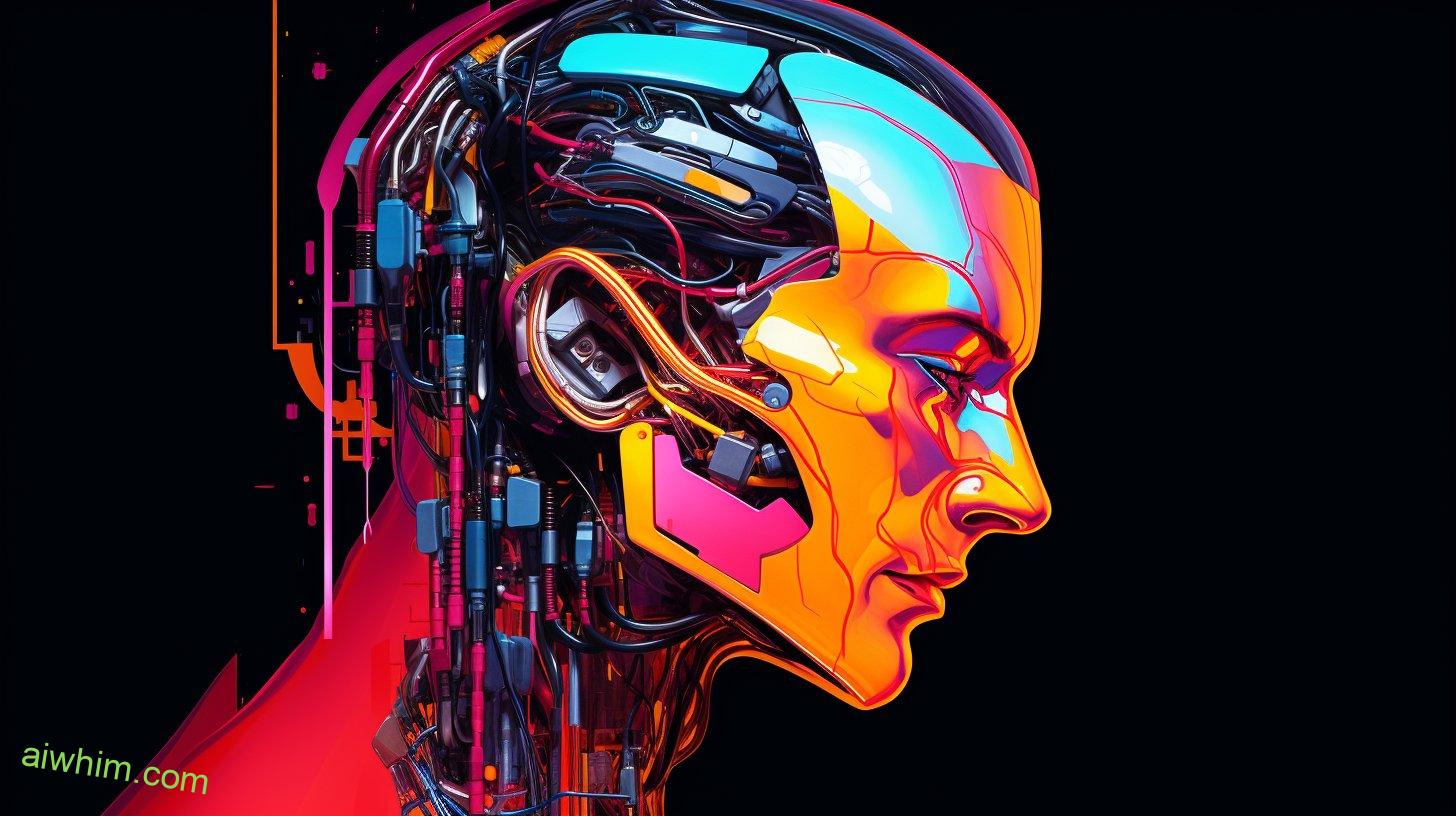
Conclusion
You’ve explored the fascinating world of AI butchers and their potential impact on the job market. While there may be concerns about job security, it’s essential to view this technological advancement as an opportunity for adaptation and reskilling.
With the right skills and expertise, butchers can embrace this AI era and continue to thrive in the meat industry. Let’s not forget the importance of ethical considerations and consumer preferences as we navigate the future of butchery.
Exciting times lie ahead!

